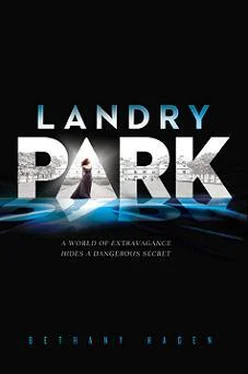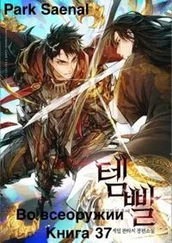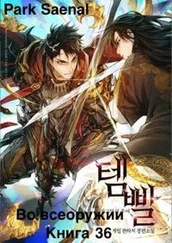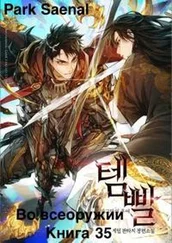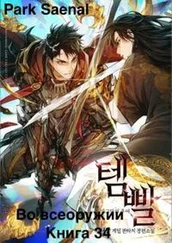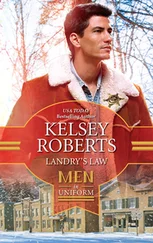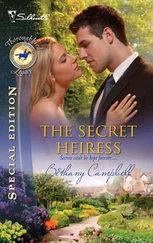“I was in the school choir before I graduated,” I offered. The breeze blew and I could smell that spicy smell again, the scent I smelled the first night I met him.
“Did you like it?”
Cloves maybe. Or coriander.
“I didn’t not like it.”
“Your enthusiasm is palpable. Surely there is something else that you enjoy? I will wager a guess… it’s books, isn’t it? You look like the scholarly type.”
“What an astute guess, given that I have a book with me right now.”
But I smiled.
His face lit up. “So she does smile! Now tell me about these books. Hobby? Hopeful career?”
Maybe cardamom and cinnamon. The scent wasn’t overwhelming… but it was impossible to ignore.
I gave a small nod. “I want to study history and literature at the university.”
“I could tell you were a reader when I first saw you,” David said. “You have that dreamy look in your eye, like you’re wishing yourself onto a page.” He took my chin in his hands and looked deeply into my eyes. Even in the dazzling afternoon light, his eyes were bluer than any lantern. “It’s easy to see in the way you hesitate before answering my questions, before asking any of your own. You’re not used to talking to us flesh-and-blood types.”
I knew he was flirting, that I shouldn’t let him touch me, but his hand was so warm, like sunlight lived inside his skin.
“Can I hazard another guess?”
I nodded.
“I think I know what your favorite stories are.” He pretended to close his eyes, but I could see him eyeing the book in the grass.
“You’re just reading the spine of my book.”
“Okay,” he conceded. “But I would have guessed the tales of King Arthur and his knights anyway.”
“Because you know so much about them?”
“Sure. Young boy with a warrior-king father is left to find his own fate, and when he does, he becomes the king of Britain. He founds an equal partnership of knights to bring justice to his wildlands. Tintagel is his birthplace, Camelot is his home, and Guinevere is his wife. You wouldn’t like Lancelot—you believe in happy endings, and he complicates things too much. You like Merlin, not for his magic, but for his wisdom. Bedivere for his loyalty and Galahad for his purity.”
“You forgot Mordred and Morgause,” I said.
“Mordred the Ambitious, Morgause the Power Hungry. You wouldn’t like them very much, would you?” His voice was quieter now.
“I’m impressed,” I conceded. “And why would you have guessed this before you saw my book?”
“Because we are alike,” he said, dropping his hand.
And there was that weird tug in my stomach again.
“I hate Lancelot for being weak enough to betray his best friend, and as soon as Mordred is born, I almost want to stop reading. Which is a shame, because it’s a beautiful example of people struggling to be their best selves, even when it would be easier to abandon the Grail, or leave the damsel in the tower, or leave the sword in the stone.”
“It’s not true though,” I said, almost hating myself for breaking the spell of the moment. “There were no knights errant, and there is no such thing as an ideal or humane form of feudalism.”
“Not even now, when Madeline Landry is at the top of the feudalism food chain?”
I’d guessed that he knew who I was, since he found me lying in the grass at Landry Park, but I didn’t like the way he said my name. As if he was mocking me.
I didn’t answer.
“Imagine my surprise when I learned that my mysterious skulker-at-balls was none other than the heir to the Landry Estate. Jacob Landry’s direct descendant.”
The tug in my stomach went away.
“You know, they say his ashes are interred somewhere on the grounds.”
“They’ve never been found. And they can stay that way, for all I care.”
He squinted at me. “So you don’t revere him like everyone else?”
I sat up. The fractal doubt was there again, impossible to ignore. I decided I didn’t really want to talk about this right now. “What a pointless question. What does it matter if I revere him? He’s been dead almost two hundred years.”
“That sounds like a no.”
“This house and this park and the farms outside the city all belong to us, and I’m thankful. Thankful to him for building it. I was born here, and ever since I was a girl, my father told me I was part of the house and it was part of me.”
David opened his mouth to answer and shut it, as if not sure what he wanted to say.
“I think about Jacob Landry inventing the Cherenkov lantern to give light to people in countries with no infrastructure, and then the nuclear charge, which saved our world from a climate disaster.”
“But his charges were a little late, weren’t they?” David pointed out. “We lost the coasts to the rising sea levels, our Gulf cities to massive hurricanes.”
“That’s like arguing that the discovery of penicillin is less important because it was discovered thousands of years too late for Neanderthals.”
“What about all the misery that comes from those tiny boxes?”
“You mean the Rootless?”
He nodded.
“They shouldn’t be enslaved. But it’s not my family’s fault.” I remembered my father, and his diatribe about the Rootless. “Not entirely our fault,” I amended. “And, wait—just the other night, you were all for the police arresting the Rootless. Did you agree with me then? That it’s wrong for us to blame them?”
“Do you agree with me that nuclear charges are not a gift to humanity?”
“I can be proud of my family and still perceive unfairness in my world,” I said defensively.
David hastily changed the subject. “So what is it like to be the offshoot of the founder of the gentry? To have the oldest and most enviable estate in the country?”
I snorted. “Right now it’s surviving on money from Canadian banks because our credit here is so poor. What would everyone think if they knew the cornerstone of the gentry empire was hollow and riddled with debt?”
David laughed. “Do you know that you’re the only person I’ve ever met who has been honest about her family’s finances? If I have to hear one more whispered suggestion that someone’s family is worth untold millions of gentry dollars…”
Suddenly, I remembered that he probably had scores of girls trying to entice him with their dowries and land and family ski chalets. The thought of all that posturing surrounding him at parties, the ballroom math of annual income and acreage, made me tired.
“I should probably go,” I said.
David put a hand on my arm. “My mother is having tea with your mother and I don’t want to go back in there. I’m begging you, give me an excuse to escape the stories of secondhand ball gowns and who copied whose hairstyle.”
Well, it was rare to meet someone who hated tea with those women as much as I did.
“Do you want to see the grounds?” I heard myself ask. In answer, David pulled me to my feet, his hands tight and strong around mine.
In the faintly warm and slowly fading afternoon, I showed him the rose garden, the herb garden, and the long terraced lawns. We toured the gatehouse, the guesthouse, the carriage house, and the lily pond. And still he seemed anxious to see more. We walked down a thin gravel path to the western edge of the estate, where a wooden door was set into the thick hedge. The neglected door had red paint curling off in long strips and a broken handle coated in rust. I opened it, and David and I walked through.
David looked around in wonder. “A maze.”
“It’s very old,” I said. “It was built before the Last War, when the Uprisen were still meeting secretly.”
“The people who reshaped their world and the lives of everyone in it,” David said. “They still meet secretly, don’t they?”
Читать дальше
